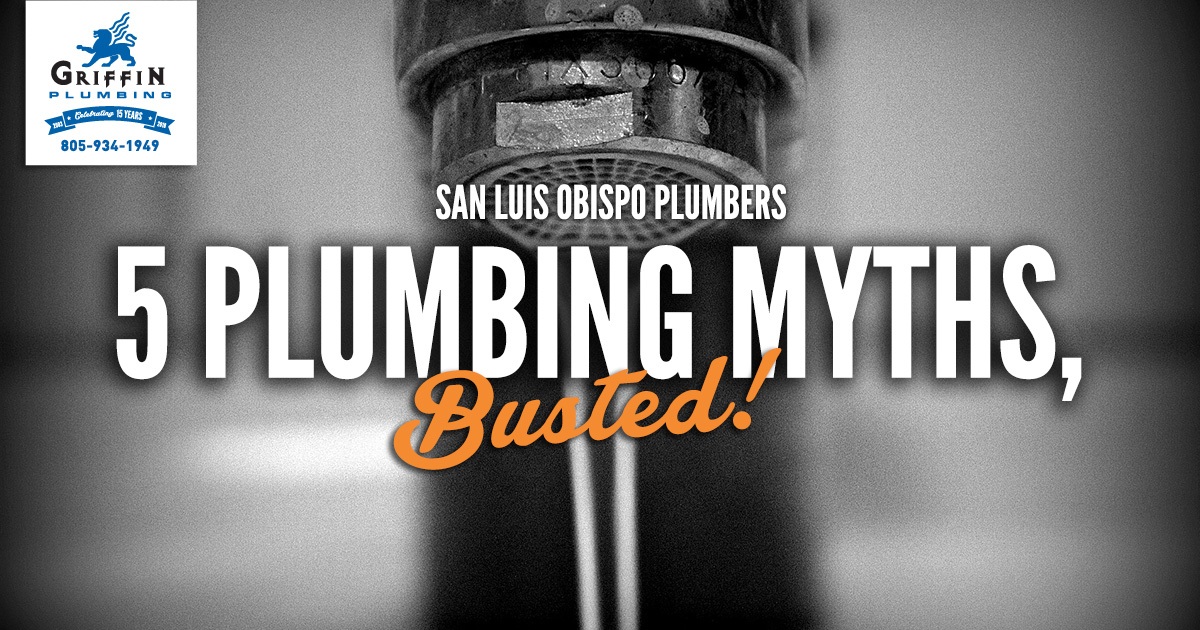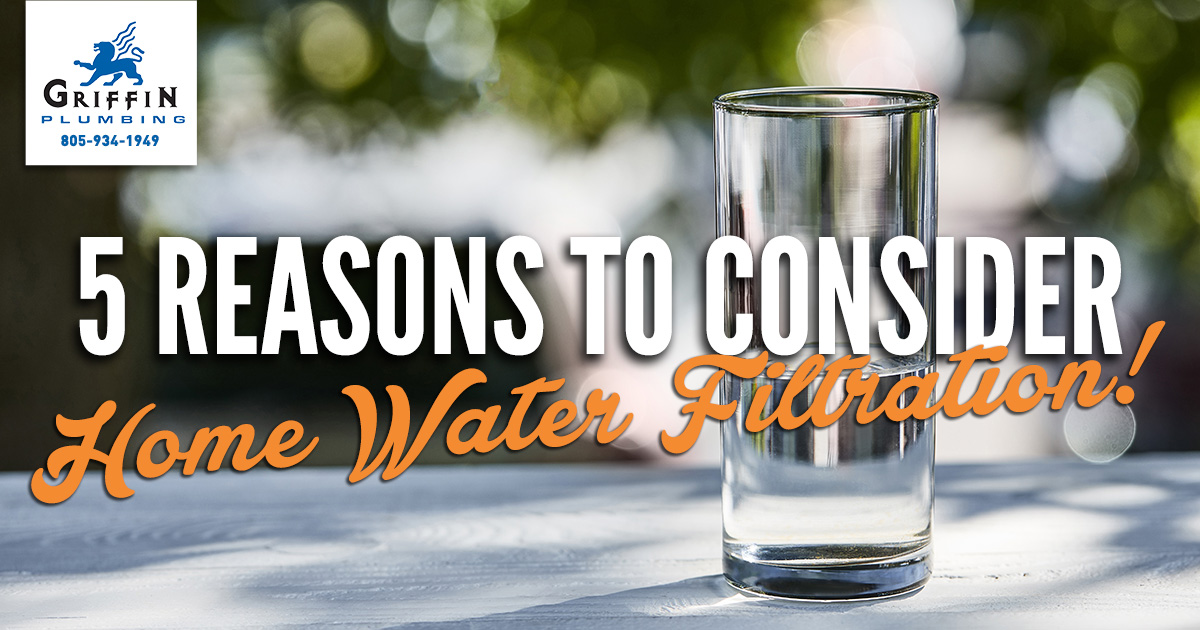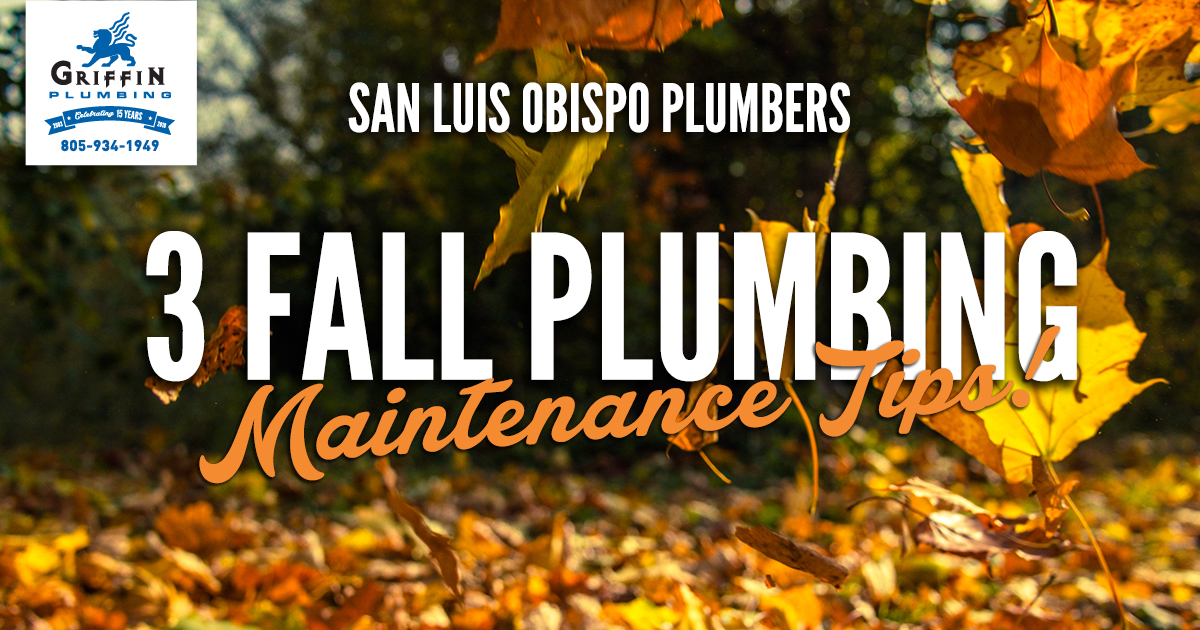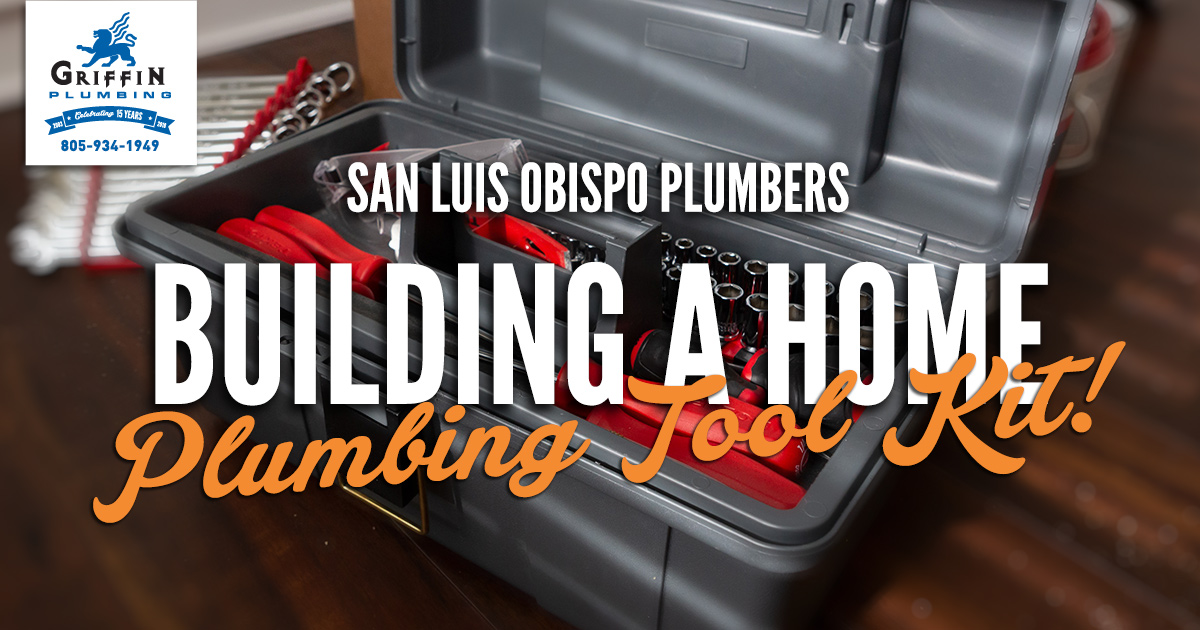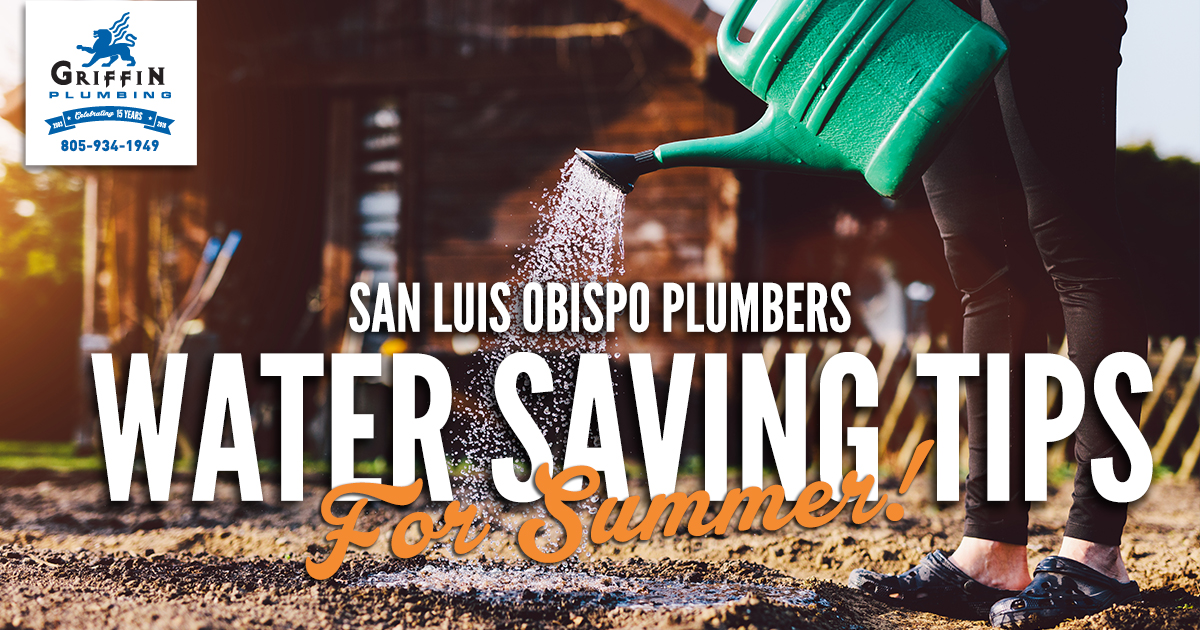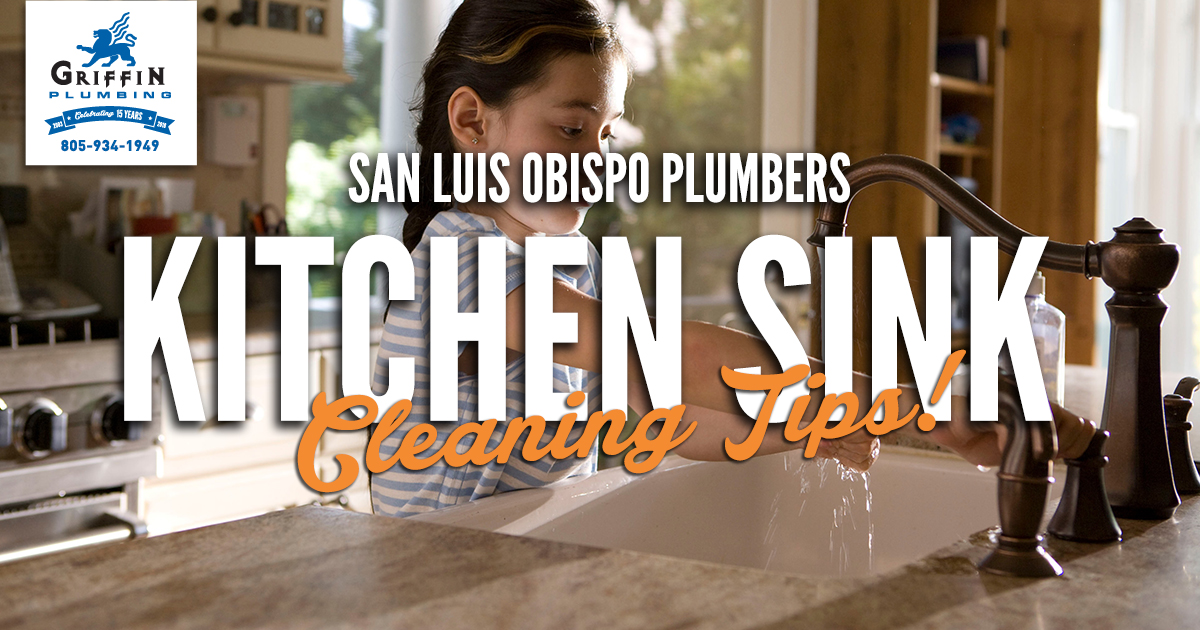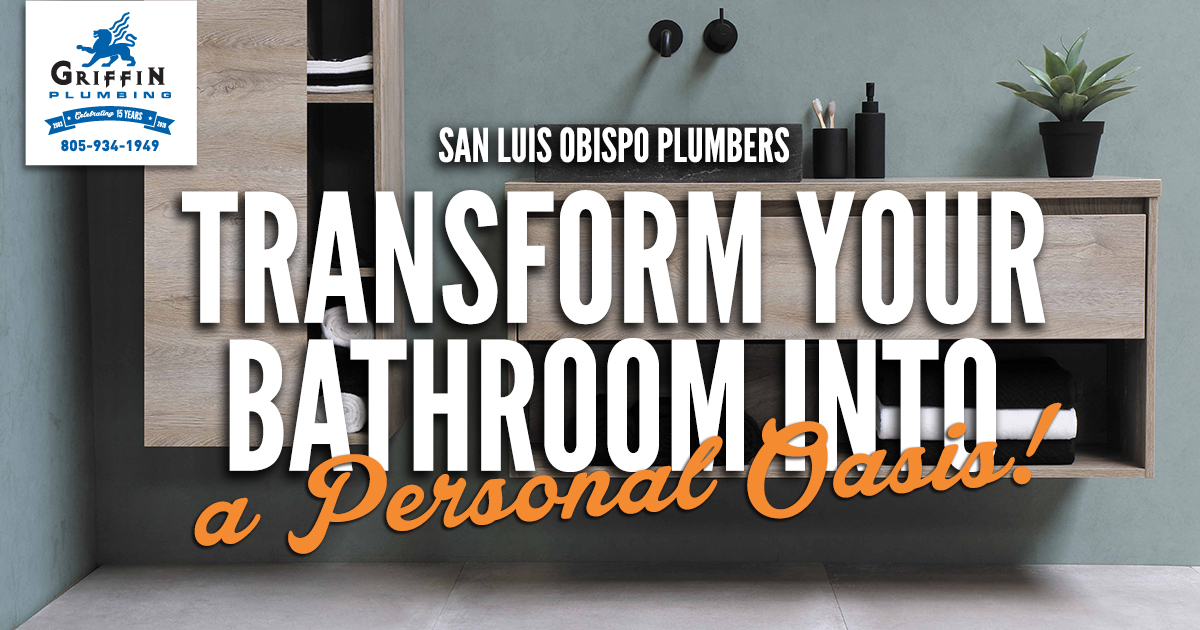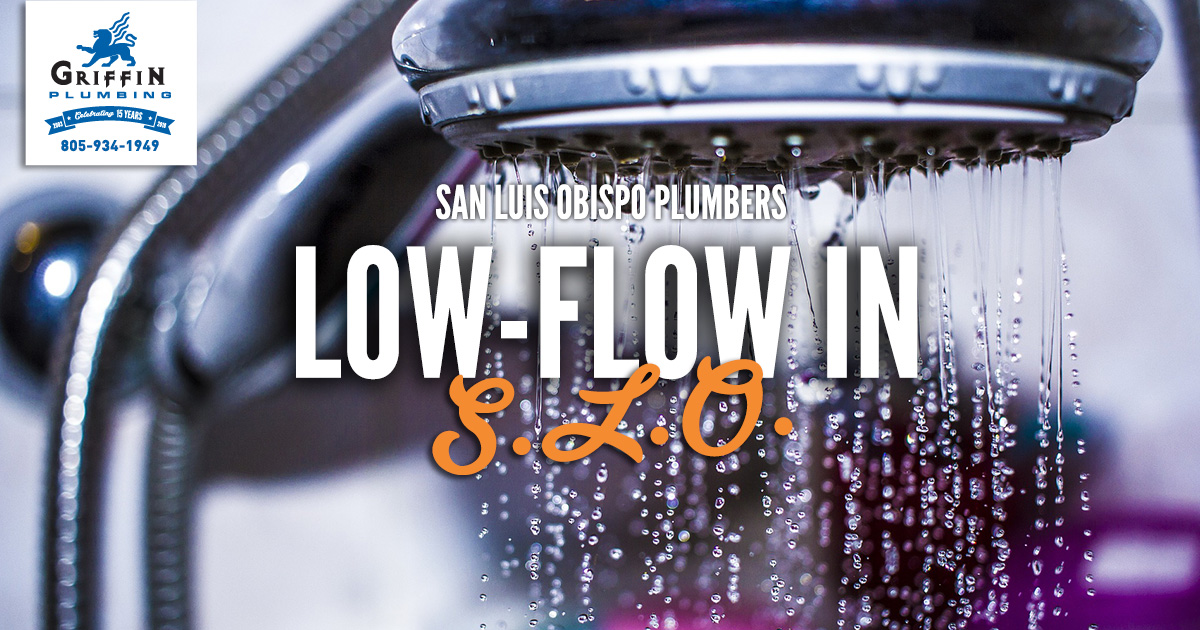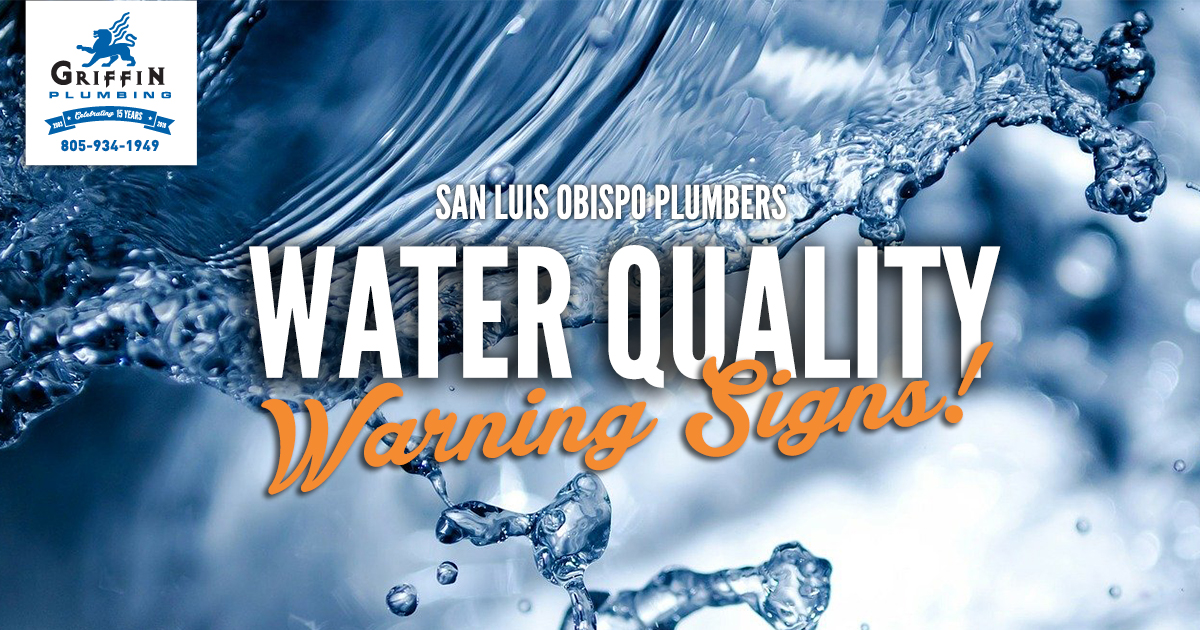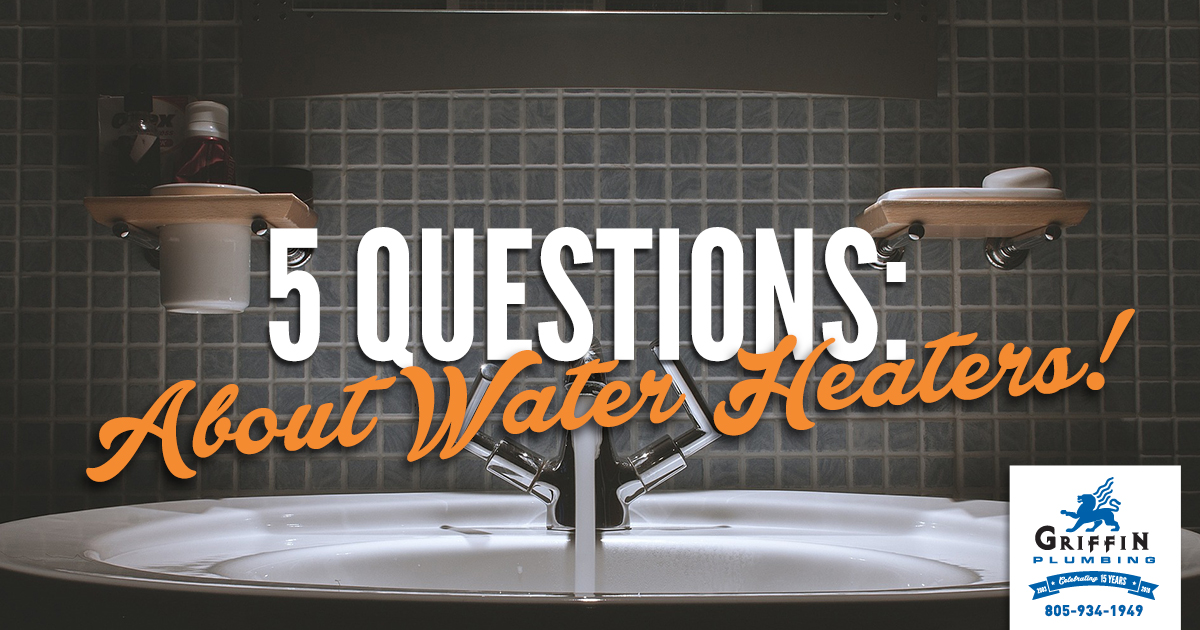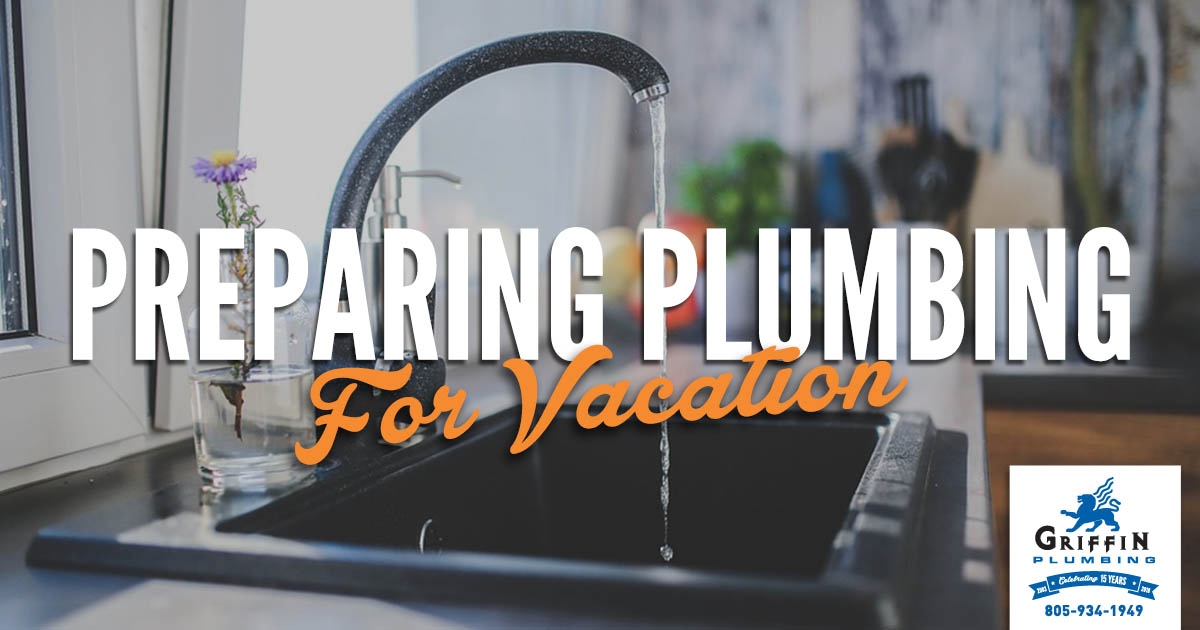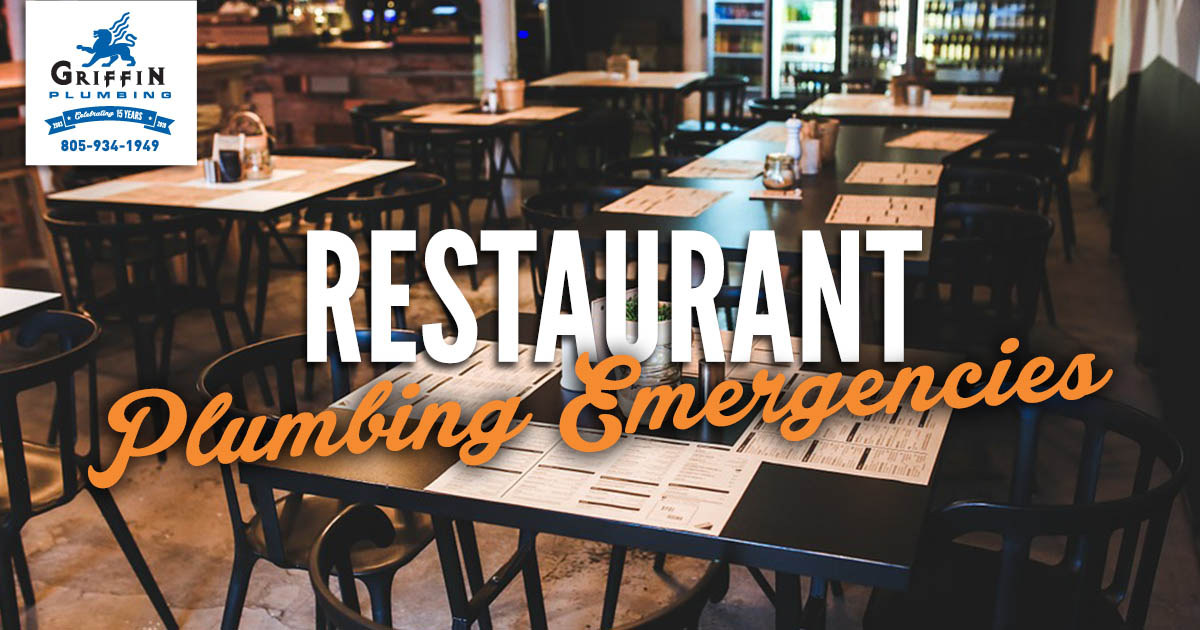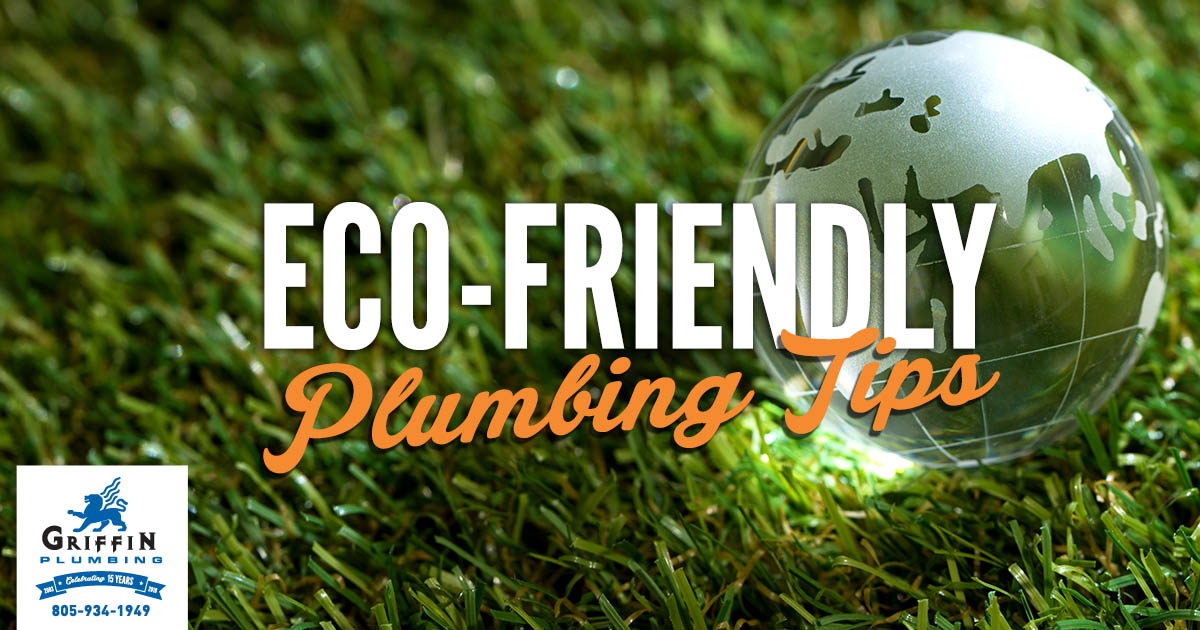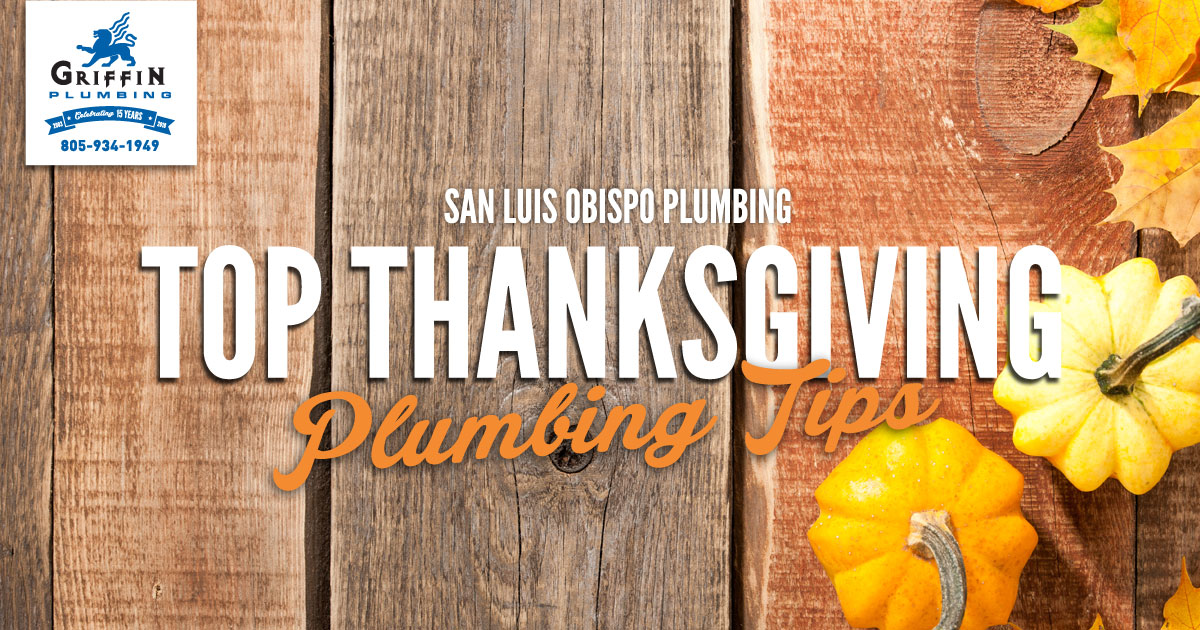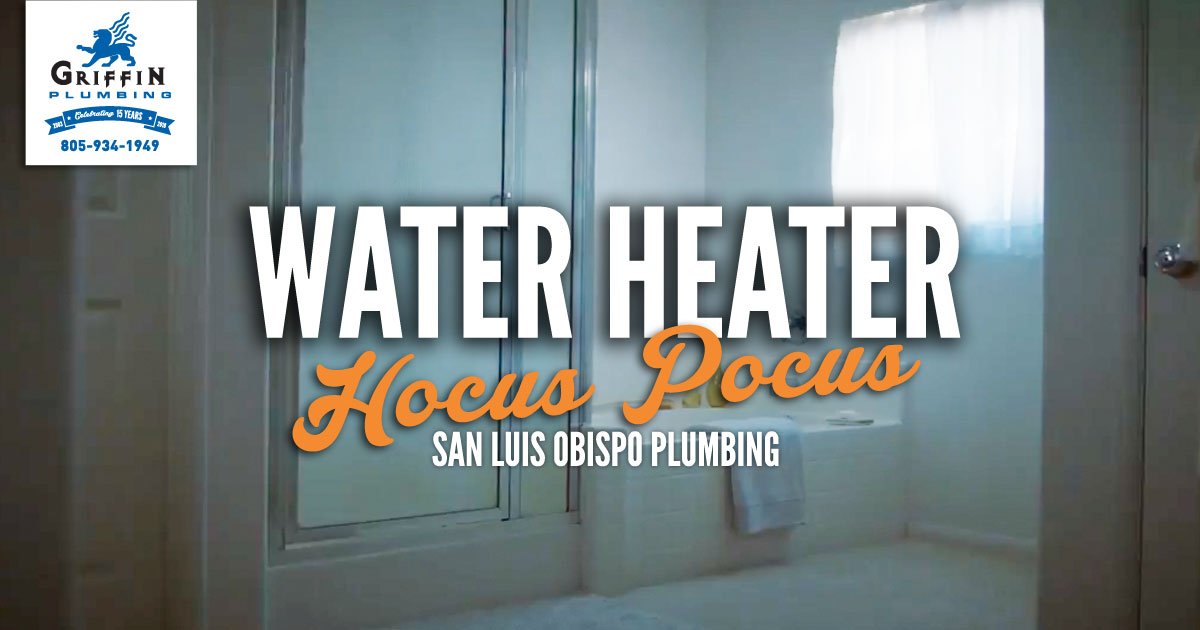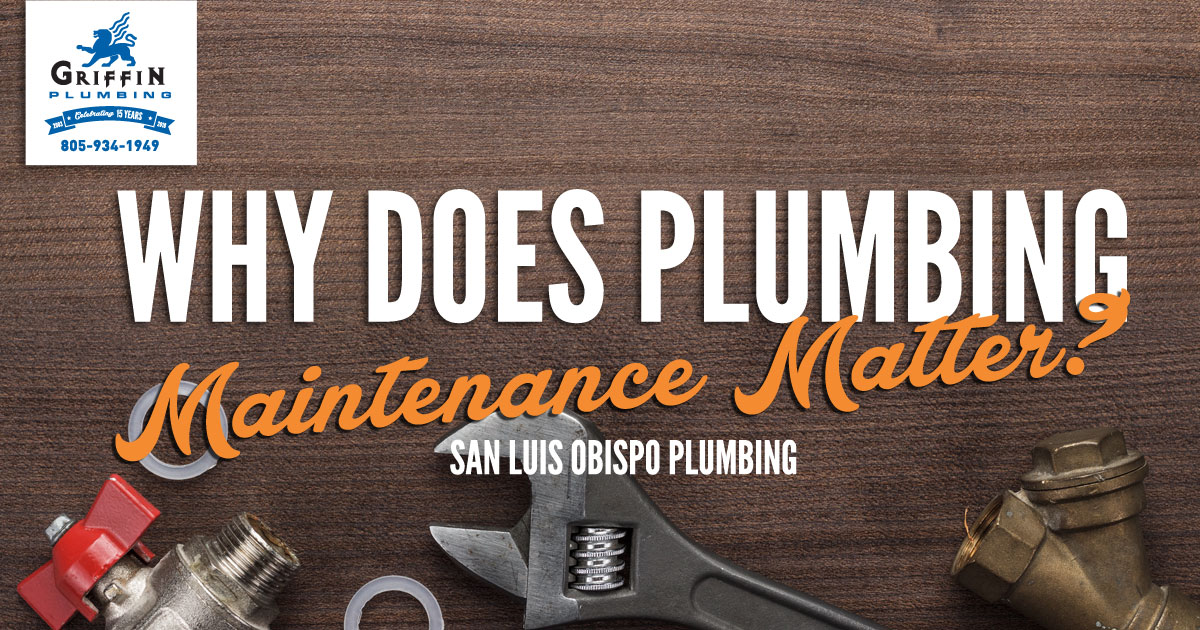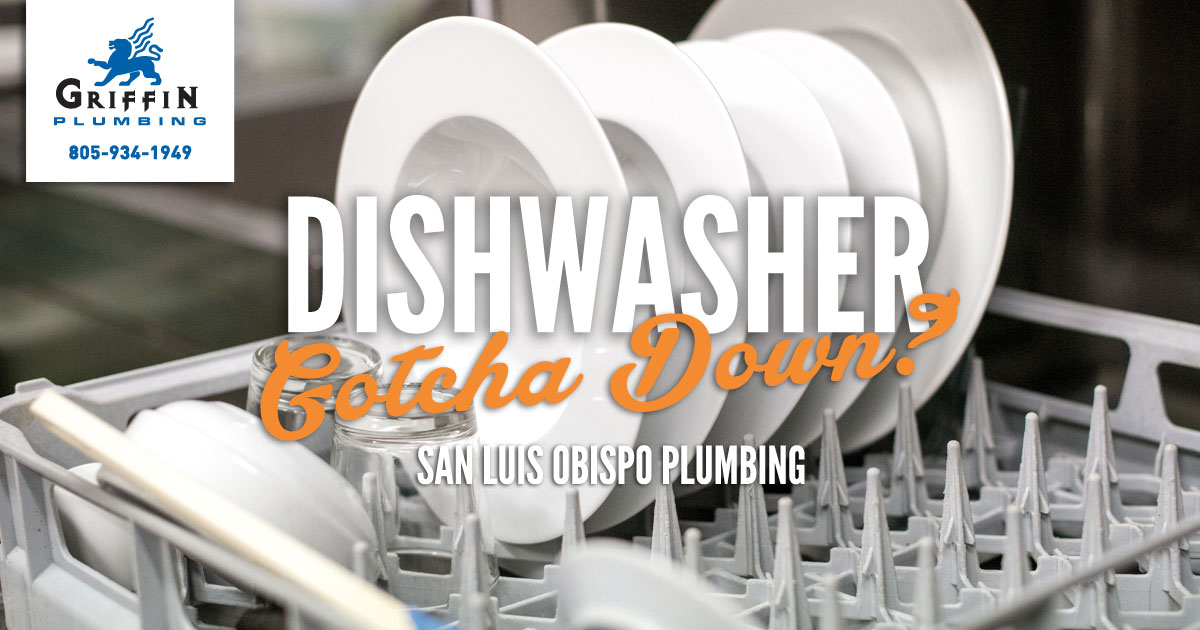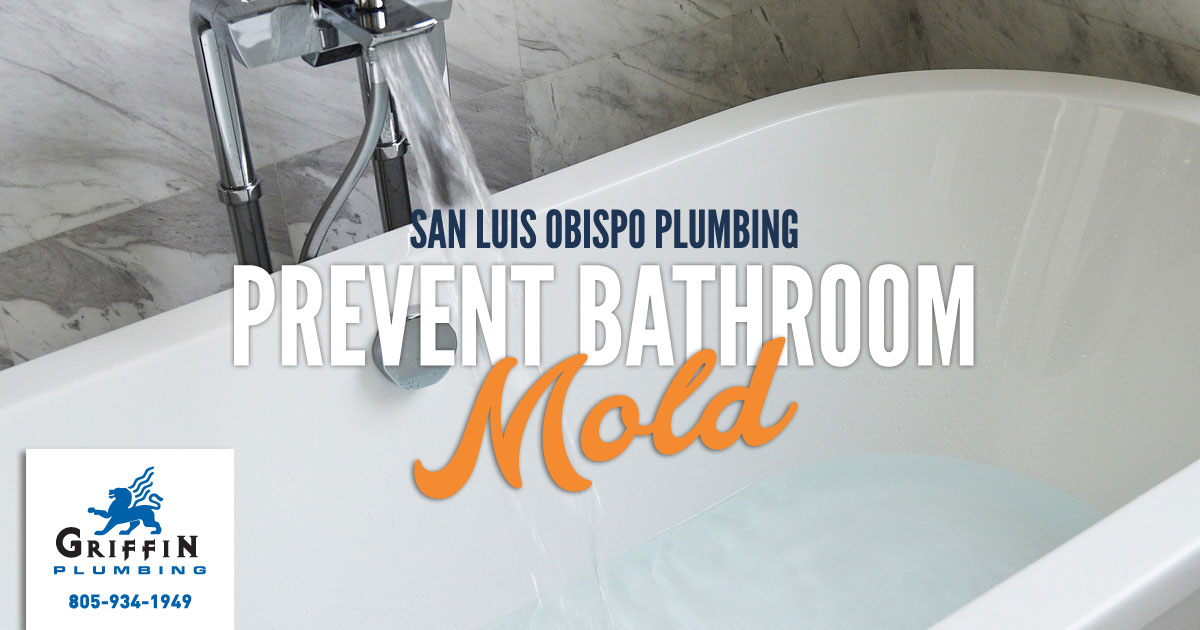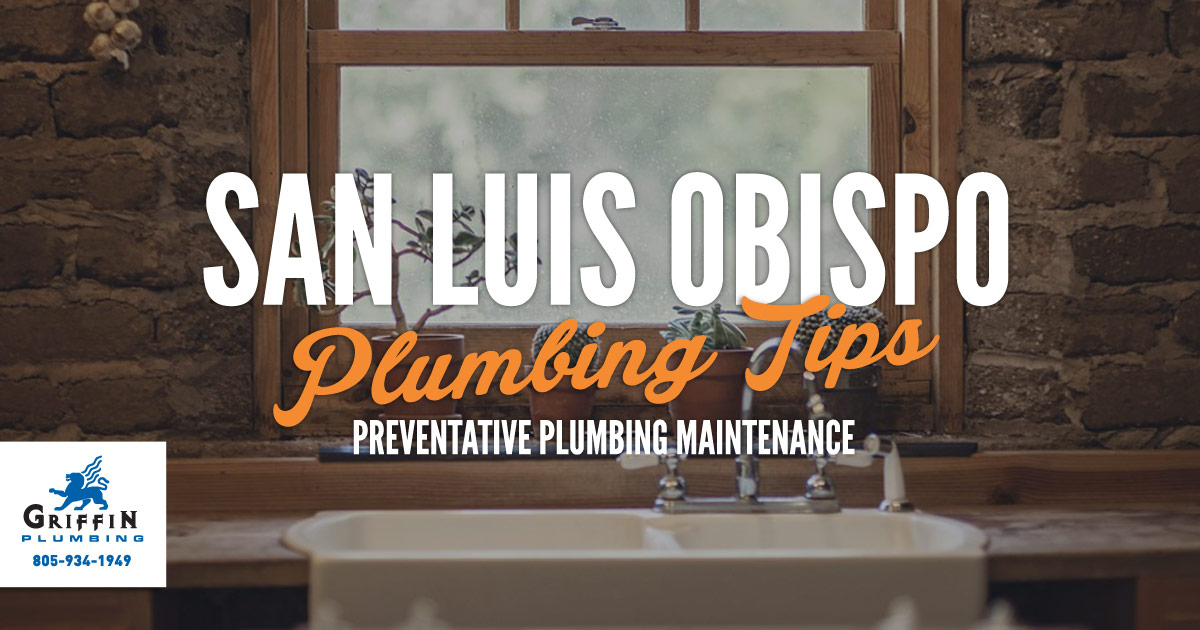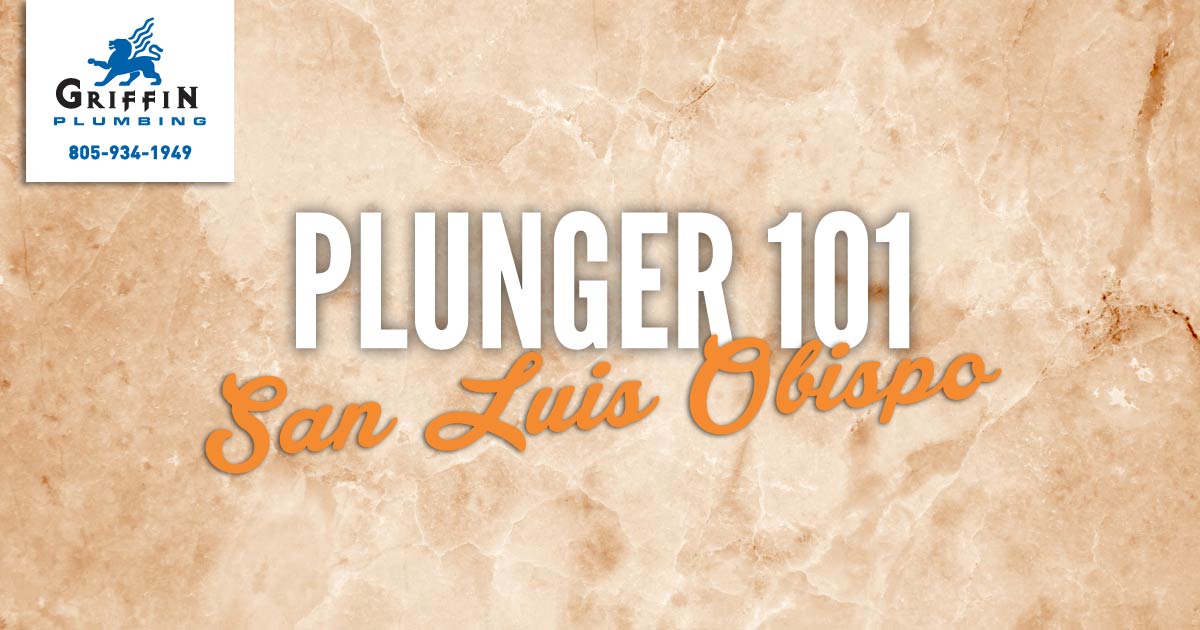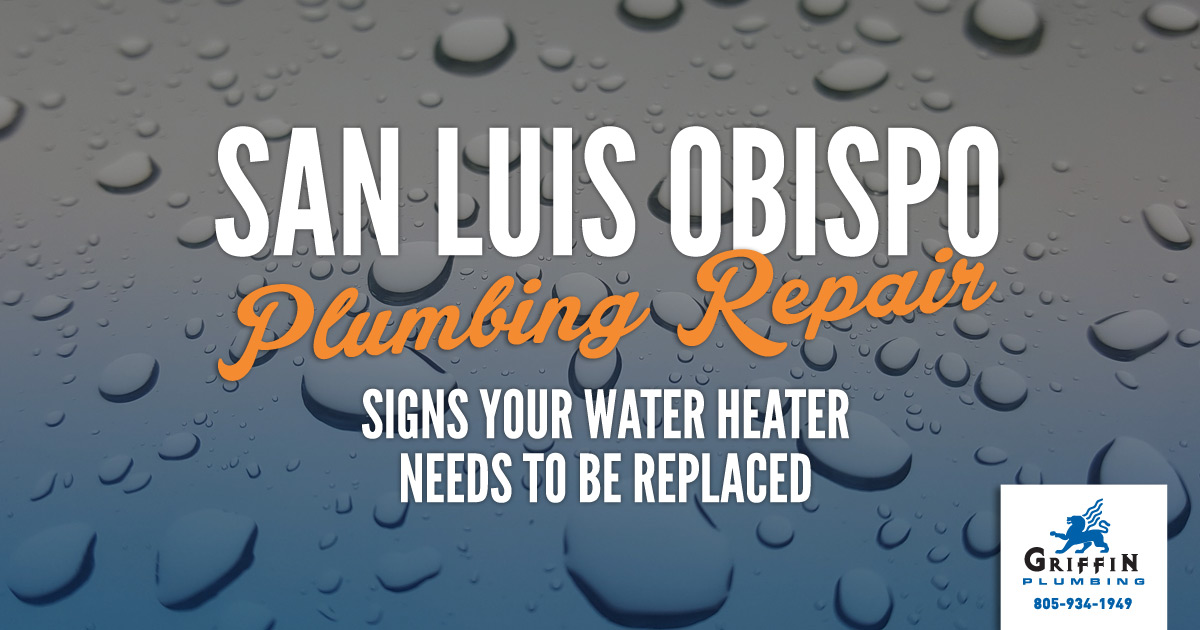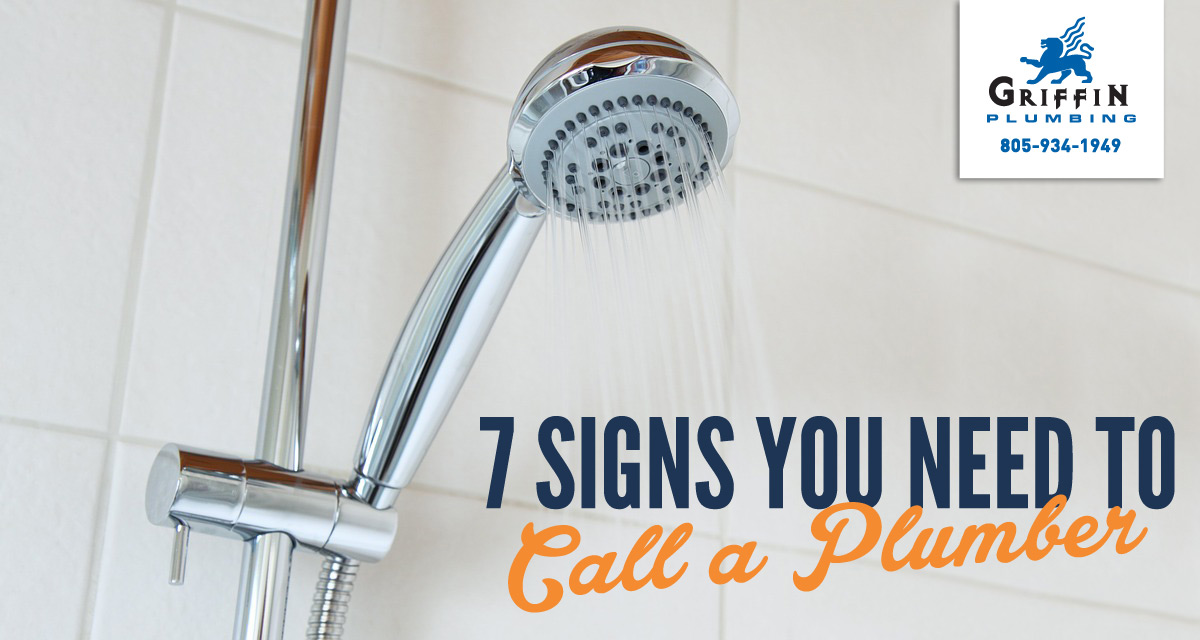1. You can sharpen the blades on your garbage disposal with eggshells or ice cubes.
Here’s a news flash. Your garbage disposal doesn’t actually have blades! Unlike a blender, a garbage disposal (aka garbage disposer) grinds food. Impellers mounted on a spinning plate work with centrifugal force to force food against a stationary grind ring. Then running water is used to flush the liquefied particles away. Never put hard items into your garbage disposal.
2. Use hot water to send melted grease or fat through your pipes.
It sounds like it would make sense. Grease does melt when heated, but it won’t make it to the sewer that way. Instead, it will cool and harden farther into your plumbing system. This can lead to some nasty blockages, sometimes in difficult places. Do your plumbing and your bank account a favor. Throw grease and fat away in the trash. If you accidentally let some slip down the sink, use cold water to harden the fat so your garbage disposal can grind it into smaller pieces that are less likely to cause trouble.
3. There are flushable wipes and flushable cat litter.
Don’t believe everything you read on a label. While you can flush these things, getting them through the toilet is the easy part. It’s the rest of the journey you need to worry about. These things can collect at junctions, leading to tough clogs. Wipes that make it to sewage treatment plants have caused problems to impellers in the processing equipment. It’s also important to note that toilet tissue and facial tissue is not the same thing. Unlike toilet tissue, which breaks down in water and is safe to flush, facial tissue is made to withstand moisture and shouldn’t be flushed. Using your trash can is a much better option for anything that didn’t come from your body or your toilet tissue roll.
4. Chemical drain cleaners are a safe, inexpensive and effective solution.
Many people reach for a chemical that claims it will clear drains, thinking this will save time or money. While these chemicals can sometimes be effective when properly used on pipes that are not completely blocked, they can also cause dangerous problems. Not only can your pipes or septic system sustain damage from caustic chemicals resting in them, but further repairs can become hazardous as chemicals splash. This can cause chemical burns to eyes, skin, or mouth. Don’t use a plunger after adding drain chemicals, and do not pour these chemicals into pipes that attach to a garbage disposal. Preventing clogs is always best, so think about what goes into your toilets and drains.
5. It’s safe to shower during a thunderstorm.
It sounds like an urban legend or the ploy of a child trying to delay bedtime, but you really can get electrocuted if showering during a lightning storm! Although the odds of this happening are low, metal pipes conduct electricity, so lightning can travel through plumbing and shock people. Our San Luis Obispo plumbers haven’t heard of any local cases, but it’s true that people have been killed washing dishes, doing laundry and sitting in bathtubs during storms. This sounds like a good reason to snuggle up instead of tidying up during the next thunderstorm!
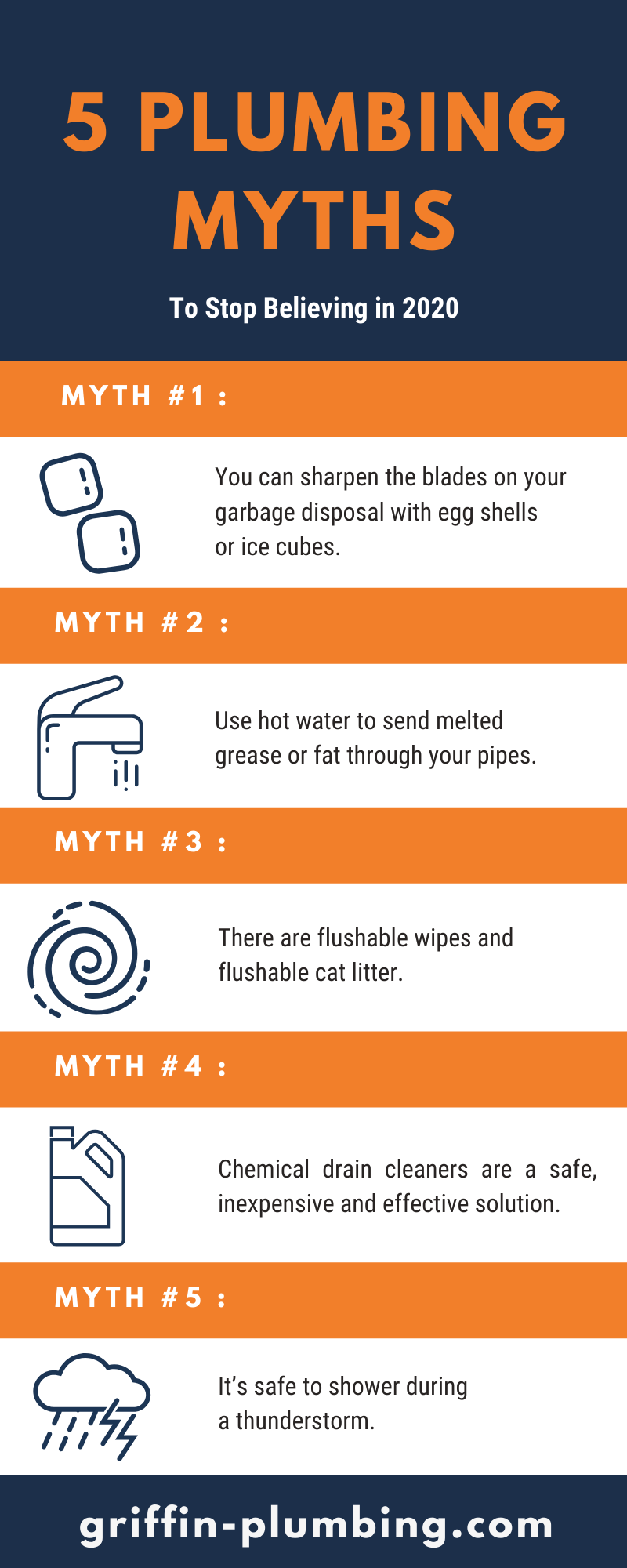
If this post has you wondering what else you need to know about your plumbing, take a little time to read our other blog articles. And remember, whether you need to bust a clog or bust a myth, Griffin Plumbing pros are just a phone call away, at (805) 751-7206 .
